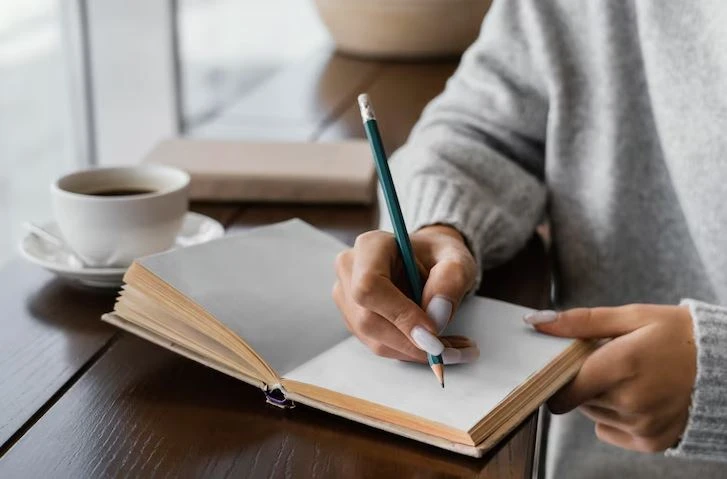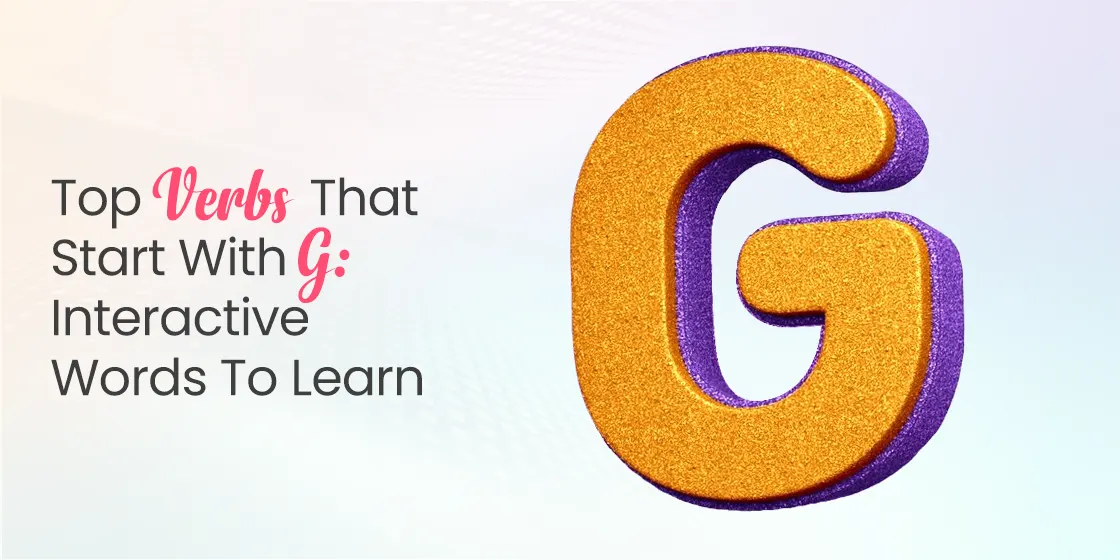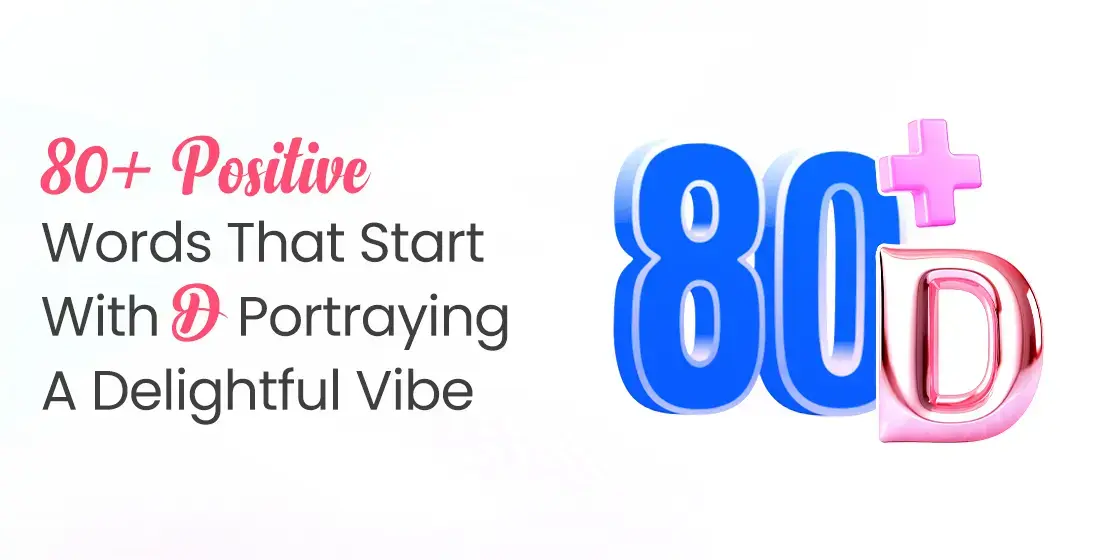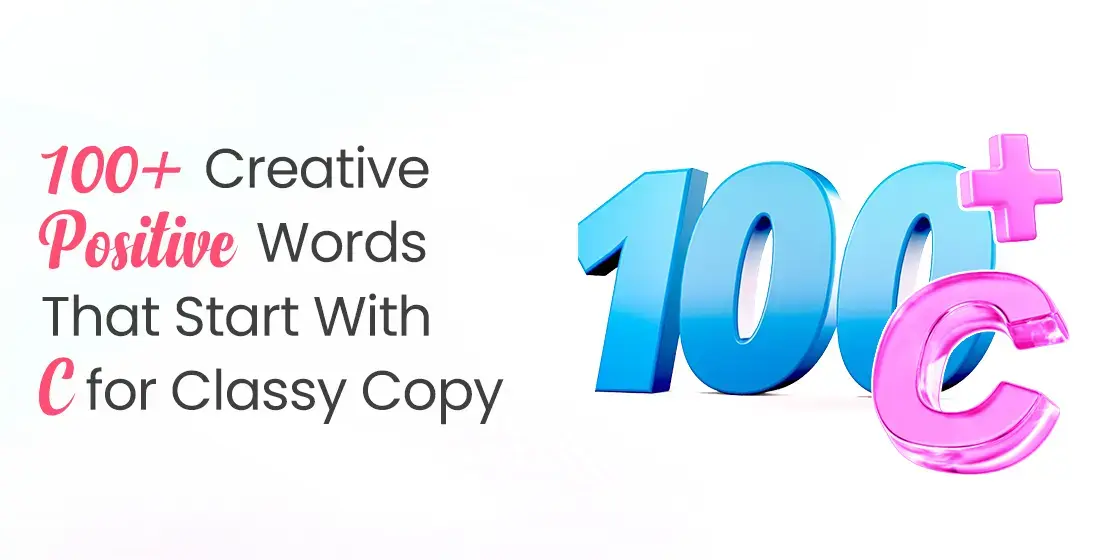Table of Content
Take a Look at all the Catchy Verbs that Start with the Letter G
Verbs are the lifeblood of any sentence, bringing energy, motion, and meaning to our words. Without verbs, language would be a collection of static nouns and adjectives, unable to express action, thoughts, or feelings. Whether you’re writing an email, telling a story, or crafting a social media post, choosing the right verbs can dramatically improve your writing, giving you a good opportunity to define the message to the readers.
Using verbs effectively goes far beyond simply picking any word that shows action. Strong, precise verbs help paint a clearer picture in your reader’s mind. Such choices can transform ordinary sentences into engaging, meaningful expressions that capture attention and convey your intended tone.
In this blog post, we’ll explore how to harness the power of verbs to craft sentences that resonate. You’ll learn practical tips for selecting stronger verbs, avoiding unnecessary passives, and making your copywriting services more dynamic. Let’s start from the basics understanding how verbs can make the sentences more interactive and meaningful.
Understanding the Impact of Verbs

Strong verbs bring depth and intensity to sentences by precisely conveying action, emotion, or state of being. They eliminate vagueness, allowing the reader to understand exactly what is happening without relying on extra power words or explanations. This clarity helps sentences stand out, making writing more impactful and leaving a stronger impression on the reader’s mind.
Beyond clarity, strong verbs contribute to the overall rhythm and flow of writing. They create a sense of movement and momentum that carries the reader forward. When sentences are built around powerful verbs, the writing feels more alive and engaging. This quality can make narratives more compelling, arguments more persuasive, and descriptions more vivid, all while keeping language concise and purposeful.
Moreover, strong verbs help establish tone and mood within a piece of writing. They subtly influence how the reader feels about the subject, shaping perceptions and emotional responses. Whether the aim is to build suspense, convey serenity, or express urgency, the right choice of verb can achieve these effects without the need for lengthy explanation. In this way, strong verbs serve as essential tools for writers seeking to connect with their audience on a deeper level.
Verbs that Start with G: Key Words to Strengthen Your Vocabulary

When starting to learn verbs, people often get confused by looking at multiple words in the dictionary. To avoid this scenario, it is best advised to learn verbs in an alphabetic manner. Today, we will look at all the important verbs and adjectives that start with G. So, without wasting time, let’s take a look at them below.
Positive Verbs that Start with G
- Generous – She’s always generous with her time and willing to help others.
- Gracious – The host was gracious, making every guest feel comfortable.
- Genuine – His genuine smile lit up the entire room.
- Gleeful – The children were gleeful as they played in the park.
- Gifted – The musician is truly gifted, creating beautiful melodies effortlessly.
- Gallant – The gallant firefighter rescued the family from the burning building.
- Glorious – The sunrise over the ocean was absolutely glorious.
- Glowing – Her glowing review helped the restaurant gain new customers.
- Grounded – Despite his success, he remains humble and grounded.
- Gratified – She felt gratified knowing her hard work made a difference.
- Great – He did a great job presenting his ideas to the team.
- Guiding – Her guiding words gave me strength during difficult times.
- Goodhearted – The goodhearted neighbor often checks in on elderly residents.
- Glistening – The snow was glistening under the bright winter sun.
- Golden – They shared a golden moment of laughter and joy.
- Good-natured – His good-natured personality makes him easy to be around.
- Growing – The company is growing rapidly thanks to innovative business ideas.
- Gratifying – It’s so gratifying to see your efforts pay off.
- Gorgeous – She wore a gorgeous dress to the celebration.
- Gutsy – It was a gutsy move to speak up for what she believed in.
Negative Verbs that Start with G
- Grumble – He would always grumble about having to work late hours.
- Groan – The students began to groan when the teacher assigned extra homework.
- Gripe – She tends to gripe about the smallest inconveniences.
- Gnash – He began to gnash his teeth in frustration during the argument.
- Grab – The thief tried to grab her purse and run away.
- Glare – She would glare at anyone who dared to disagree with her.
- Grind – He started to grind his teeth whenever he got stressed.
- Gall – His rude comments began to gall everyone in the room.
- Gut – The fire gutted the old building, leaving only the outer walls standing.
- Goad – His brother tried to goad him into a fight with constant teasing.
- Grapple – The two men began to grapple in the middle of the street.
- Gush – She would gush insincerely about people she secretly disliked.
- Gawk – Tourists would often gawk at the locals, making them uncomfortable.
- Gamble – He continued to gamble away his savings despite repeated warnings.
- Grate – The sound of his voice started to grate on her nerves.
- Gyp – They felt gypped after paying for a tour that never happened.
- Garble – The bad phone connection began to garble her words.
- Gorge – He would gorge on junk food whenever he felt depressed.
- Grimace – She couldn’t help but grimace at the taste of the bitter medicine.
- Gag – The villain threatened to gag the witness to keep her quiet.
Cooking Verbs that Start with G
- Grill – She loves to grill vegetables for a smoky flavor.
- Glaze – He decided to glaze the ham with a sweet honey mixture.
- Garnish – The chef will garnish the soup with fresh herbs before serving.
- Grate – Please grate some cheese to sprinkle on top of the pasta.
- Grind – It’s best to grind fresh spices for a stronger aroma.
- Grease – Don’t forget to grease the baking pan to prevent sticking.
- Gut – The fishmonger showed me how to gut a fish properly.
- Glug – She started to glug olive oil into the pan for sautéing.
- Griddle – He likes to griddle pancakes on Sunday mornings.
- Glimmer – The sauce began to glimmer gently as it reduced on the stove.
Funny Verbs that Start with G
- Gallivant – They love to gallivant around town pretending to be famous explorers.
- Gobble – He managed to gobble his entire sandwich in under thirty seconds.
- Giggle – The kids couldn’t help but giggle when the clown slipped.
- Guffaw – The whole audience began to guffaw at the comedian’s ridiculous jokes.
- Gawk – Tourists would often gawk at the giant inflatable duck floating on the lake.
- Gambol – The puppies began to gambol across the yard, ears flopping wildly.
- Glug – She started to glug the juice straight from the bottle effortlessly.
- Gaggle – The children would gaggle around the ice cream truck.
- Gyrate – He began to gyrate on the dance floor, much to everyone’s amusement.
- Grumble – Grandpa likes to grumble about how music was better in his day.
- Grouse – She will grouse for hours if her coffee isn’t made just right.
- Goof – He tends to goof around during serious meetings.
- Gawk – People couldn’t help but gawk at his bright purple suit.
- Glisten – After running through the sprinklers, he looked very confused.
- Grovel – He had to grovel for forgiveness after accidentally deleting the chat.
- Gurgle – The drain began to gurgle ominously during the dinner party.
- Guzzle – He would guzzle soda like it was going out of style.
- Gab – They like to gab on the phone for hours about absolutely nothing.
- Gape – The kids would gape at the magician pulling endless scarves from his sleeve.
- Gush – She began to gush about her new pet hamster as if it were royalty.
Frequently Asked Questions
| What is the difference between adjectives and verbs? Adjectives describe or modify nouns by providing more information about their qualities. On the other hand, verbs express actions, occurrences, or states of being. |
| What are some positive verbs starting with G? Positive verbs starting with G include give, greet, glow, grow, and gather. These verbs convey helpful actions, warmth, progress, or bringing things together. |
| What are some negative verbs starting with G? Negative verbs starting with G include grumble, grab, gripe, gouge, and goad. They imply complaining, forceful taking, harm, or provoking others negatively. |
Final Words
That sums up our entire article in which we have listed different types of verbs that start with G. Being a writer, you should have a good knowledge about all these positive words. They come in handy at various places, allowing your writing skills to strengthen effectively. This article has therefore listed different types of verbs that start with G, giving you a large pool of words that can be used in articles, web copies and other content materials.

Unleash your brand story`s potential with eContentSol – your creative writing companion. We craft narratives that captivate. Ready to elevate your content game? Dive into creativity with us and let`s bring your ideas to life.


